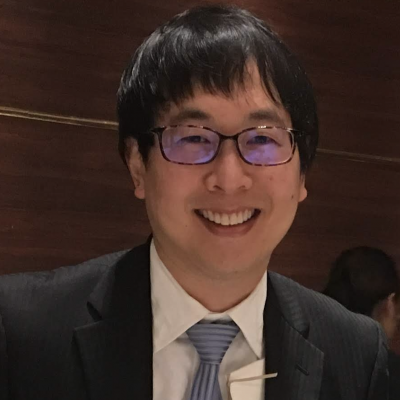The first part of this panel discussion is dedicated to a review of theories of fluency development, including ACT theory, Instance Theory, and Verbal Efficiency Theory, how these theories apply to extensive reading, and the potential limitations of extensive reading where reading fluency development is concerned. The second part focuses on how reading fluency improvement can be encouraged and monitored in the EFL classroom via extensive reading as well as silent and oral fluency training activities. The results of a study comparing the effects of an intensive reading approach and an extensive reading (with added fluency training) approach on various measures of reading fluency will be presented and discussed. In addition, there will be a discussion about how reading fluency can be enhanced when extensive reading is combined with timed reading, repeated oral reading, and chunking activities among L2 English Japanese university learners. The changes in their cognitive processes used for reading, oral reading fluency scores, and L2 reading self-efficacy will also be examined. Qualitative data regarding these reading activities will also be shared.
-

Jeffrey Huffman is an associate professor at the Graduate School of Nursing Science, St. Luke's International University in Tokyo, where he teaches EFL/ESP courses incorporating a wide range of skills (extensive and intensive reading, vocabulary acquisition, academic listening and writing) and content (nursing, health humanities, and global issues). He also teaches CLIL courses at Waseda University’s School of Political Science and Economics. His research interests include English for nursing purposes, health humanities, international education, EFL reading, extensive reading, and language testing. He has published in Reading in a Foreign Language and International Journal of Medical Education, contributed as an author or editor to a number of healthcare-related English textbooks, is a section editor for the Palgrave Encyclopedia of the Health Humanities, and serves as editor of Nursing English Nexus.
-

Torrin has taught Japanese learners of all age groups for more than a decade and is an associate professor at Kindai University in the Faculty of Law. He received his doctorate from Temple University. His research interests include reading and speaking fluency, reaction times of cognitive processes, phonology, pronunciation. self-efficacy, and testing.
-

David Beglar has been teaching in the graduate TESOL programs at Temple University's Japan Campus since 1993. In that time, he has taught nineteen graduate courses ranging from teaching methodology to educational statistics. His primary research interests are in the areas of foreign language vocabulary learning and teaching, and foreign language assessment. He is currently working on longitudinal studies concerning the effects of extensive reading on reading fluency development, and task-based curricula and changes in students' willingness to communicate over two years of academic study.
-

I teach at a small private university in north eastern Japan. I’ve been interested in extensive reading for several years now. I’m especially interested in transfer of skills from reading to writing and speaking. Also, Recently I have been experimenting with using cooperative board games to help develop my students interactive speaking skills.